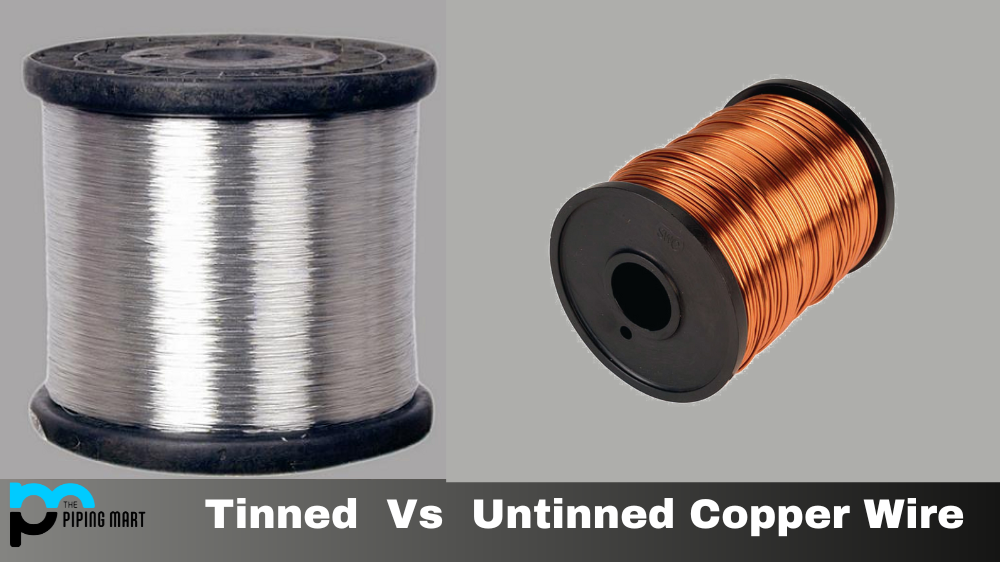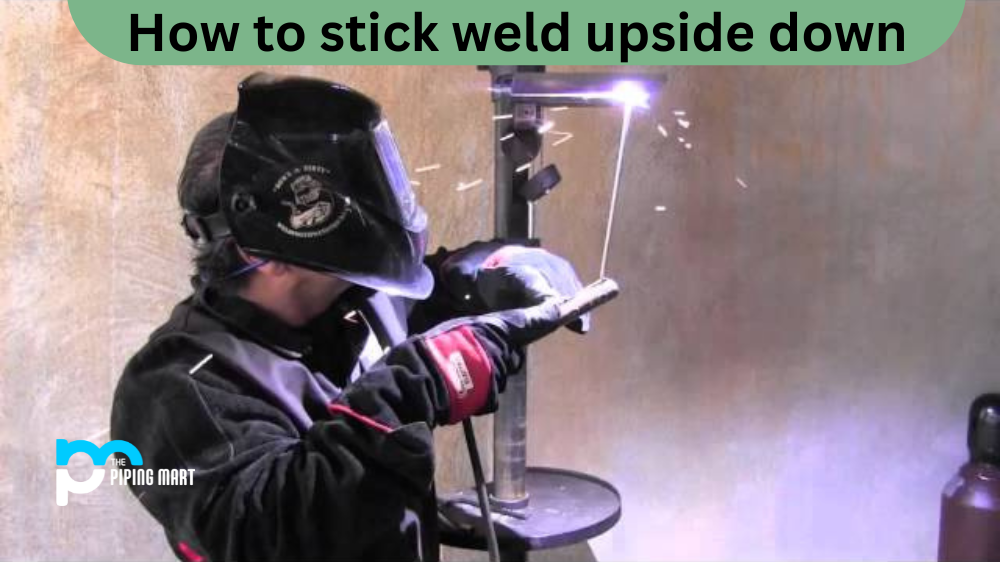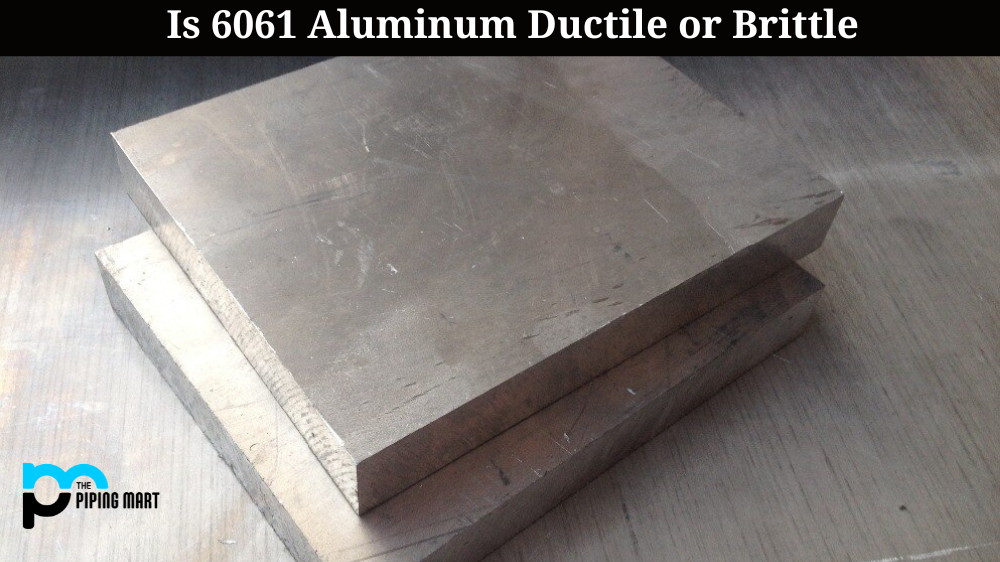Copper wire is a popular choice for electrical wiring, but it’s important to understand the differences between tinned and untinned copper wires. Both have their advantages, but one may be more suitable than the other, depending on the application. Let’s explore the key differences between tinned and untinned copper wire to help you decide which type is right for your project.
Advantages of Tinned Copper Wire
Tinned copper wire has been dipped in molten tin, which helps preserve the integrity of the copper strands and provides superior corrosion resistance. This makes it an ideal choice for outdoor projects that require long-term exposure to harsh environments such as salt water or acidic compounds like sulfuric acid. Tinning also makes soldering easier due to its low melting point, so you don’t need to use a blowtorch or high heat source when connecting two pieces of tinned copper wire together.
Disadvantages of tinned Copper Wire
Tinned copper wire is a popular choice among electrical engineers due to its low cost and flexibility. However, this type of wire has certain drawbacks that engineers must consider. Tinned copper wire is far more prone to corrosion than bare copper wire and, as such, it can quickly become brittle or corrode if exposed to moisture or other high-corrosion elements. In addition, the coating of tin can also add an unnecessary extra layer between the conductor and connection points, leading to greater power losses and inefficient electrical systems. Finally, tinned copper wires are slightly more expensive than their bare counterparts due to the added manufacturing costs of tin plating. All in all, tinned copper wiring should be carefully weighed against its potential for corrosion before being implemented in any electrical system.
Advantages of Untinned Copper Wire
Untinned copper wire does not have this protective coating, so it is better suited for indoor applications where there will be little or no exposure to moisture or chemicals. It is also lighter than tinned copper wire because it does not contain any other metals like tin, which can make it easier to work with in certain situations. In addition, some people prefer untinned copper because it has more conductivity since no additional elements present could potentially reduce its ability to transmit electricity efficiently.
Disadvantages of Untinned Copper Wire
One of the potential disadvantages of using untinned copper wire is that it may be more prone to corrosion. Over time, the copper can become oxidized, which can weaken the strength of the bonding between multiple strands. Moreover, if exposed to moisture such as rain or dampness in the air, it can further corrode and decrease its electrical efficiency. Another downside is that uninsulated wire may cause short circuits due to accidental contact with other metals. As a result, additional measures must be taken during installation and maintenance to prevent these issues from arising. Ultimately, this can cause extra costs due to labor and downtime for repairs or replacements.
Conclusion
When deciding between tinned and untinned copper wires, consider your application first before making a decision. Suppose you are using your wires outdoors in corrosive environments. In that case, you should opt for tinning as it provides superior protection against corrosion while still offering the same level of conductivity as an untinned version. For indoor applications that won’t come into contact with moisture or acidic compounds, then an untinned version should suffice since these do not need any additional protection against corrosion nor do they require extra weight from being coated with another metal like tin. No matter what type of project you are working on, understanding the difference between tinning and untinning can help you choose the right type of wire for your needs and ensure that your electrical system works safely and effectively!

Pipingmart is B2B portal specializes in industrial, metal and piping products. Also, share latest information and news related to products, materials and different types grades to help business dealing in this industry.




